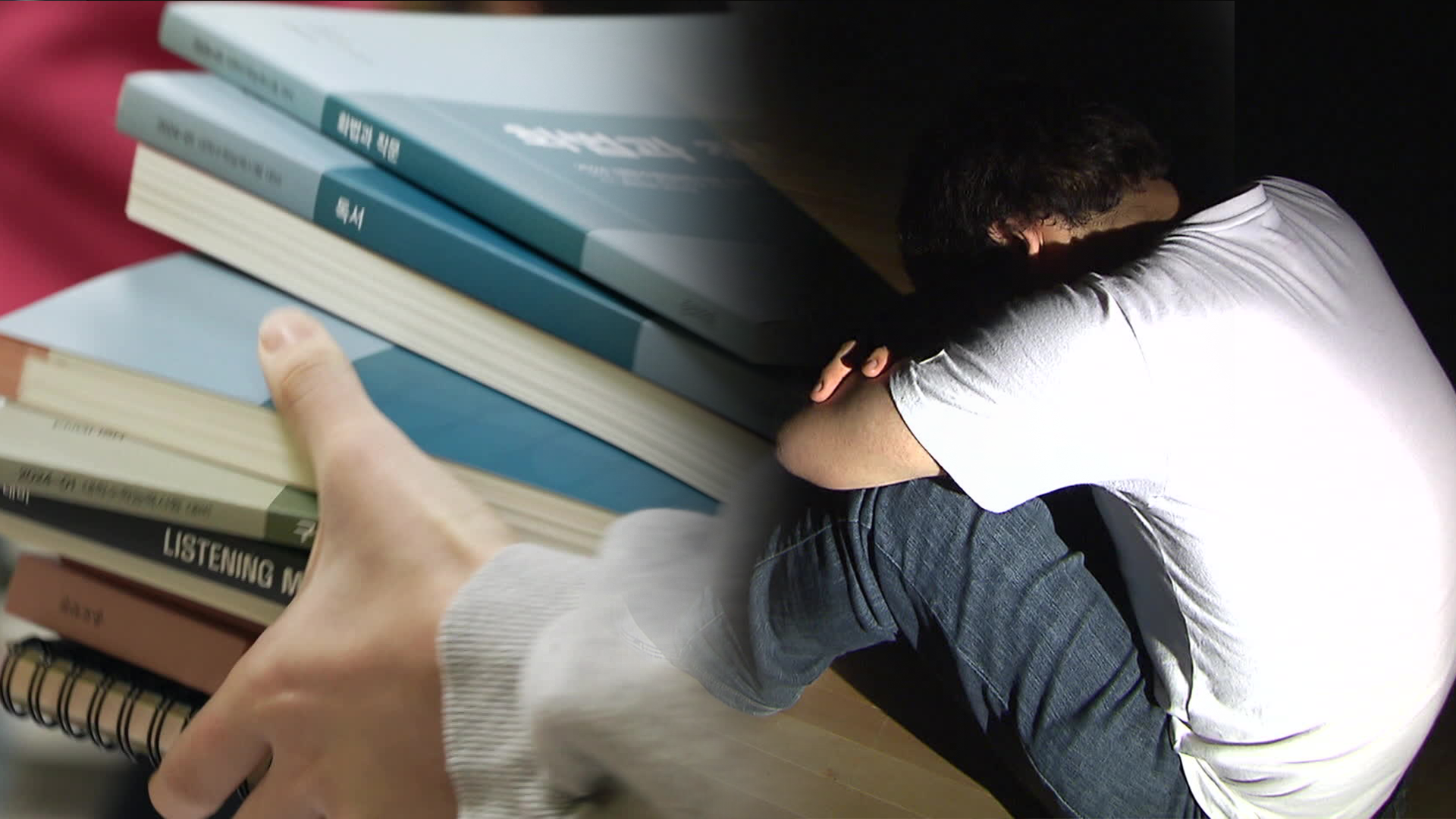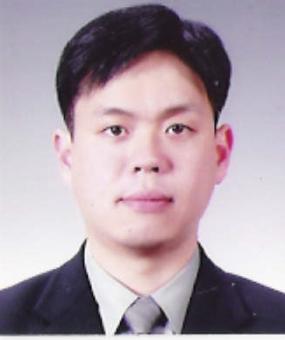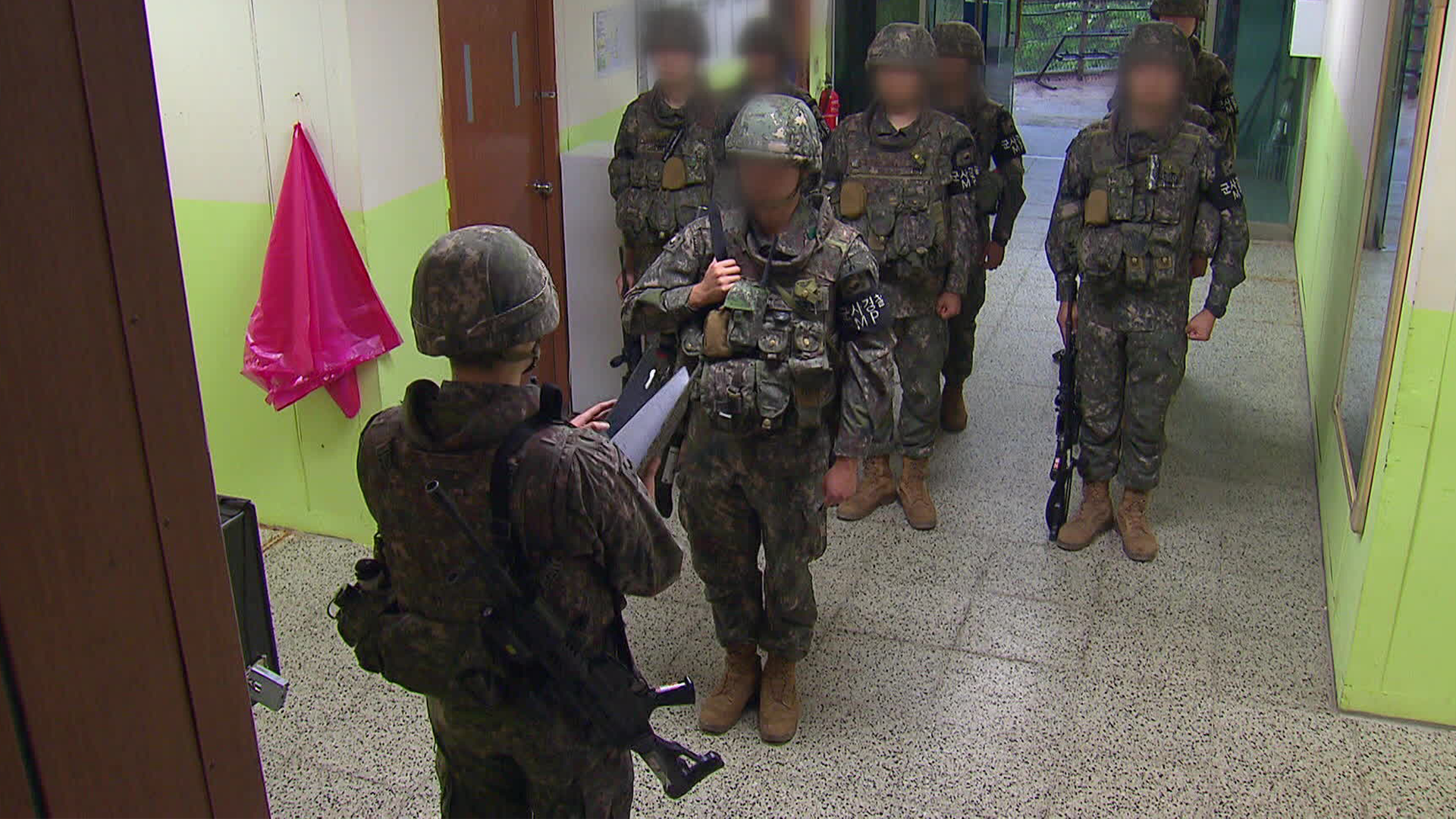[Anchor]
"The moment of laziness is sweet, but the result is miserable." This is a phrase that is often seen in front of students' desks these days.
Our children are pressured by advanced learning and early education, and are experiencing the result of psychological exhaustion, leading to the emergence of "burnout kids."
What is the role of parents? Reporter Song Hyunguk looked into this matter.
[Reporter]
Kim has been complaining of symptoms of depression for over seven years, since her upper elementary school years.
[Kim ○○/voice altered: "I can't concentrate well, and I keep feeling depressed...."]
Mental health issues often have multiple overlapping causes, but during the growth period, the influence of parents and guardians is significant.
[Kim ○○/voice altered: "I think my parents are a big part of it. They usually don't acknowledge mental health issues. They say I am weak-willed and just whining..."]
The efforts of the parents to do the best for their children amidst intense competition often lead to unintended consequences.
[Kim Donghee/Professor of Psychiatry at Ajou University Hospital: "Hovering around like a helicopter and following a mapped out plan. Such parenting styles may seem convenient in the short term. However, in the long run, children have certain needs. They need independence, resilience, the ability to think for themselves, and the ability to withstand stress. But those things are not actually being nurtured."]
In the context of entrance exam competition, parents trying to do everything for their children may cause the children to miss the opportunity for emotional growth. An analysis of data from the National Health Insurance Service shows a clear reality that the rate of depression among teenagers is high in regions with stronger educational fervor.
As a result, the number of psychiatric hospitals corresponds directly in these regions.
If we view this solely as a problem of study stress, the explanation becomes insufficient.
[Yeo Ho-won/Director of a private academy in Daechi-dong, Seoul: "When I counsel students, there are cases where they talk about their parents in unpleasant ways that are really hard to express. The parents ultimately want to give a happier life, but if the children are unhappy in the process, then that is a reversal of priorities."]
However, as excelling in competition becomes the top priority in life, there has been a growing tendency to take children's mental health issues for granted.
[Jo Hee-won/Child and Adolescent Psychologist: "When children enter middle school, they go through a burnout period for about two years, so parents say that they need to start advanced learning about two years earlier. Due to the anxiety that their child will fall behind, some mothers cannot reduce the amount of study and instead hope to just treat their child's symptoms a little faster."]
Experts warn that being forced to make efforts that do not suit oneself can pose a serious threat to mental health.
[Kim Donghee/Professor of Psychiatry at Ajou University Hospital: "In society, and among parents, there is this idea that 'success at this stage means academic achievement, and later on, making a lot of money'.... But when I see patients, people are so diverse that it's hard to judge them by a single standard. Therefore, it is incredibly important for parents and adults to convey the message that there are many different ways to live a life."]
Education experts agree that this should not be solely the responsibility of individual parents, but rather that there needs to be a collective effort in society to alleviate excessive competition.
KBS News, Song Hyunguk.
"The moment of laziness is sweet, but the result is miserable." This is a phrase that is often seen in front of students' desks these days.
Our children are pressured by advanced learning and early education, and are experiencing the result of psychological exhaustion, leading to the emergence of "burnout kids."
What is the role of parents? Reporter Song Hyunguk looked into this matter.
[Reporter]
Kim has been complaining of symptoms of depression for over seven years, since her upper elementary school years.
[Kim ○○/voice altered: "I can't concentrate well, and I keep feeling depressed...."]
Mental health issues often have multiple overlapping causes, but during the growth period, the influence of parents and guardians is significant.
[Kim ○○/voice altered: "I think my parents are a big part of it. They usually don't acknowledge mental health issues. They say I am weak-willed and just whining..."]
The efforts of the parents to do the best for their children amidst intense competition often lead to unintended consequences.
[Kim Donghee/Professor of Psychiatry at Ajou University Hospital: "Hovering around like a helicopter and following a mapped out plan. Such parenting styles may seem convenient in the short term. However, in the long run, children have certain needs. They need independence, resilience, the ability to think for themselves, and the ability to withstand stress. But those things are not actually being nurtured."]
In the context of entrance exam competition, parents trying to do everything for their children may cause the children to miss the opportunity for emotional growth. An analysis of data from the National Health Insurance Service shows a clear reality that the rate of depression among teenagers is high in regions with stronger educational fervor.
As a result, the number of psychiatric hospitals corresponds directly in these regions.
If we view this solely as a problem of study stress, the explanation becomes insufficient.
[Yeo Ho-won/Director of a private academy in Daechi-dong, Seoul: "When I counsel students, there are cases where they talk about their parents in unpleasant ways that are really hard to express. The parents ultimately want to give a happier life, but if the children are unhappy in the process, then that is a reversal of priorities."]
However, as excelling in competition becomes the top priority in life, there has been a growing tendency to take children's mental health issues for granted.
[Jo Hee-won/Child and Adolescent Psychologist: "When children enter middle school, they go through a burnout period for about two years, so parents say that they need to start advanced learning about two years earlier. Due to the anxiety that their child will fall behind, some mothers cannot reduce the amount of study and instead hope to just treat their child's symptoms a little faster."]
Experts warn that being forced to make efforts that do not suit oneself can pose a serious threat to mental health.
[Kim Donghee/Professor of Psychiatry at Ajou University Hospital: "In society, and among parents, there is this idea that 'success at this stage means academic achievement, and later on, making a lot of money'.... But when I see patients, people are so diverse that it's hard to judge them by a single standard. Therefore, it is incredibly important for parents and adults to convey the message that there are many different ways to live a life."]
Education experts agree that this should not be solely the responsibility of individual parents, but rather that there needs to be a collective effort in society to alleviate excessive competition.
KBS News, Song Hyunguk.
■ 제보하기
▷ 카카오톡 : 'KBS제보' 검색, 채널 추가
▷ 전화 : 02-781-1234, 4444
▷ 이메일 : kbs1234@kbs.co.kr
▷ 유튜브, 네이버, 카카오에서도 KBS뉴스를 구독해주세요!
- Harm of “helicopter parenting”
-
- 입력 2025-06-08 02:53:26

[Anchor]
"The moment of laziness is sweet, but the result is miserable." This is a phrase that is often seen in front of students' desks these days.
Our children are pressured by advanced learning and early education, and are experiencing the result of psychological exhaustion, leading to the emergence of "burnout kids."
What is the role of parents? Reporter Song Hyunguk looked into this matter.
[Reporter]
Kim has been complaining of symptoms of depression for over seven years, since her upper elementary school years.
[Kim ○○/voice altered: "I can't concentrate well, and I keep feeling depressed...."]
Mental health issues often have multiple overlapping causes, but during the growth period, the influence of parents and guardians is significant.
[Kim ○○/voice altered: "I think my parents are a big part of it. They usually don't acknowledge mental health issues. They say I am weak-willed and just whining..."]
The efforts of the parents to do the best for their children amidst intense competition often lead to unintended consequences.
[Kim Donghee/Professor of Psychiatry at Ajou University Hospital: "Hovering around like a helicopter and following a mapped out plan. Such parenting styles may seem convenient in the short term. However, in the long run, children have certain needs. They need independence, resilience, the ability to think for themselves, and the ability to withstand stress. But those things are not actually being nurtured."]
In the context of entrance exam competition, parents trying to do everything for their children may cause the children to miss the opportunity for emotional growth. An analysis of data from the National Health Insurance Service shows a clear reality that the rate of depression among teenagers is high in regions with stronger educational fervor.
As a result, the number of psychiatric hospitals corresponds directly in these regions.
If we view this solely as a problem of study stress, the explanation becomes insufficient.
[Yeo Ho-won/Director of a private academy in Daechi-dong, Seoul: "When I counsel students, there are cases where they talk about their parents in unpleasant ways that are really hard to express. The parents ultimately want to give a happier life, but if the children are unhappy in the process, then that is a reversal of priorities."]
However, as excelling in competition becomes the top priority in life, there has been a growing tendency to take children's mental health issues for granted.
[Jo Hee-won/Child and Adolescent Psychologist: "When children enter middle school, they go through a burnout period for about two years, so parents say that they need to start advanced learning about two years earlier. Due to the anxiety that their child will fall behind, some mothers cannot reduce the amount of study and instead hope to just treat their child's symptoms a little faster."]
Experts warn that being forced to make efforts that do not suit oneself can pose a serious threat to mental health.
[Kim Donghee/Professor of Psychiatry at Ajou University Hospital: "In society, and among parents, there is this idea that 'success at this stage means academic achievement, and later on, making a lot of money'.... But when I see patients, people are so diverse that it's hard to judge them by a single standard. Therefore, it is incredibly important for parents and adults to convey the message that there are many different ways to live a life."]
Education experts agree that this should not be solely the responsibility of individual parents, but rather that there needs to be a collective effort in society to alleviate excessive competition.
KBS News, Song Hyunguk.
"The moment of laziness is sweet, but the result is miserable." This is a phrase that is often seen in front of students' desks these days.
Our children are pressured by advanced learning and early education, and are experiencing the result of psychological exhaustion, leading to the emergence of "burnout kids."
What is the role of parents? Reporter Song Hyunguk looked into this matter.
[Reporter]
Kim has been complaining of symptoms of depression for over seven years, since her upper elementary school years.
[Kim ○○/voice altered: "I can't concentrate well, and I keep feeling depressed...."]
Mental health issues often have multiple overlapping causes, but during the growth period, the influence of parents and guardians is significant.
[Kim ○○/voice altered: "I think my parents are a big part of it. They usually don't acknowledge mental health issues. They say I am weak-willed and just whining..."]
The efforts of the parents to do the best for their children amidst intense competition often lead to unintended consequences.
[Kim Donghee/Professor of Psychiatry at Ajou University Hospital: "Hovering around like a helicopter and following a mapped out plan. Such parenting styles may seem convenient in the short term. However, in the long run, children have certain needs. They need independence, resilience, the ability to think for themselves, and the ability to withstand stress. But those things are not actually being nurtured."]
In the context of entrance exam competition, parents trying to do everything for their children may cause the children to miss the opportunity for emotional growth. An analysis of data from the National Health Insurance Service shows a clear reality that the rate of depression among teenagers is high in regions with stronger educational fervor.
As a result, the number of psychiatric hospitals corresponds directly in these regions.
If we view this solely as a problem of study stress, the explanation becomes insufficient.
[Yeo Ho-won/Director of a private academy in Daechi-dong, Seoul: "When I counsel students, there are cases where they talk about their parents in unpleasant ways that are really hard to express. The parents ultimately want to give a happier life, but if the children are unhappy in the process, then that is a reversal of priorities."]
However, as excelling in competition becomes the top priority in life, there has been a growing tendency to take children's mental health issues for granted.
[Jo Hee-won/Child and Adolescent Psychologist: "When children enter middle school, they go through a burnout period for about two years, so parents say that they need to start advanced learning about two years earlier. Due to the anxiety that their child will fall behind, some mothers cannot reduce the amount of study and instead hope to just treat their child's symptoms a little faster."]
Experts warn that being forced to make efforts that do not suit oneself can pose a serious threat to mental health.
[Kim Donghee/Professor of Psychiatry at Ajou University Hospital: "In society, and among parents, there is this idea that 'success at this stage means academic achievement, and later on, making a lot of money'.... But when I see patients, people are so diverse that it's hard to judge them by a single standard. Therefore, it is incredibly important for parents and adults to convey the message that there are many different ways to live a life."]
Education experts agree that this should not be solely the responsibility of individual parents, but rather that there needs to be a collective effort in society to alleviate excessive competition.
KBS News, Song Hyunguk.
-
-

송형국 기자 spianato@kbs.co.kr
송형국 기자의 기사 모음
-
이 기사가 좋으셨다면
-
좋아요
0
-
응원해요
0
-
후속 원해요
0











![[속보] 김용태 “9월 초까지 전당대회 개최할 수 있도록 절차 진행”](/data/layer/904/2025/06/20250608_sMz0ze.jpg)



이 기사에 대한 의견을 남겨주세요.